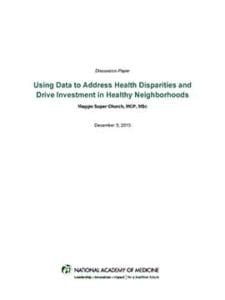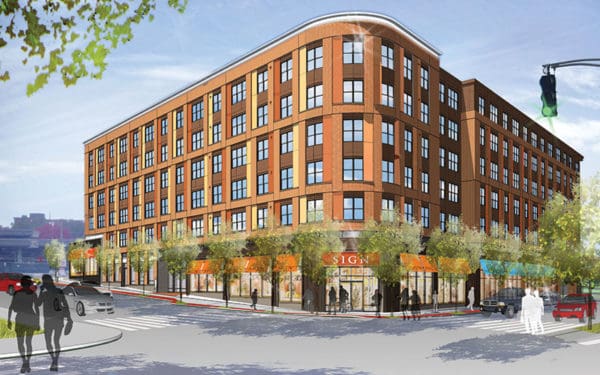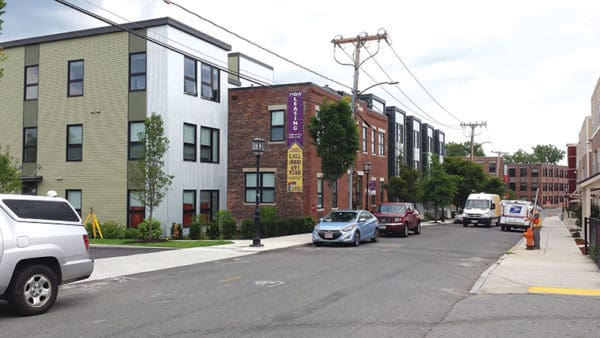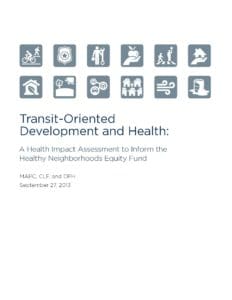Transforming Transportation
We’re working for smart, climate-friendly transportation.

We’re working for smart, climate-friendly transportation.

Massachusetts is a state of extraordinary range – from our miles of coastline to the western mountains, our dense hardwood forests to our working farms, our thickly settled city neighborhoods to our rural village greens.

We help to create affordable neighborhood housing developments close to open space, healthy food, and public transit. We push for a strong, local food economy regionwide. And we work to make sure people and communities can bounce back from the extreme weather climate change is already bringing to our neighborhoods.

What does it take for a community to thrive? It starts with clean air and clean water and access to good jobs, education, and health care. It also takes safe and affordable transportation choices, local green spaces, and easy access to fresh, healthy food.

Our interest in health data and metrics grew out of a collaborative effort to build a new real estate investment fund for transit-oriented development called the Healthy Neighborhoods Equity Fund.

Today, record numbers of Americans suffer from chronic diseases such as diabetes and asthma, which are strongly influenced by their neighborhood and environmental conditions. At the same time, traditional sources of public funding for development are drying up, making the vision of a healthy community harder to realize.

With healthcare costs and rates of obesity and other chronic disease soaring – especially among low-income populations – community groups and public health organizations are increasingly aware that improving neighborhood environments can boost health outcomes. But, traditional financing sources simply aren’t capable of addressing those needs at the project level.

Conservation Law Foundation (CLF) and the Massachusetts Housing Investment Corporation (MHIC) have created a $30 million private equity fund model that will consider the community, environmental, and health benefits of a proposed project as well as the financial risks and returns. The model, known as the Healthy Neighborhoods Equity Fund (HNEF), will result in investments that have the potential to transform neighborhoods, strengthen population and environmental health, and promote regional equity − while providing investors with financial and social returns.
